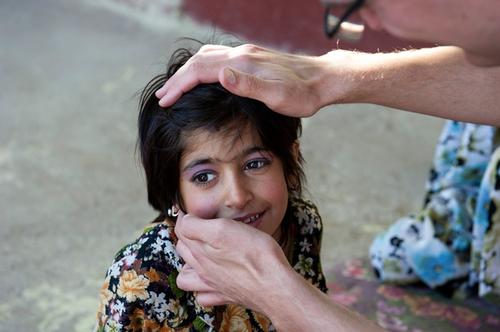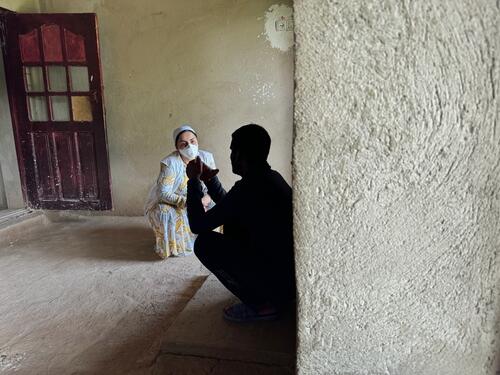Where possible, we aim to treat TB patients at home, and demonstrate that the comprehensive TB care model is feasible. This includes patient follow-up, active testing for new patients, laboratory diagnosis, individualised treatment and psychosocial support (including play therapy).
In the south of the country, we run the Zero TB project in Kulob, aiming for TB elimination. This project focuses on TB prevention and care in households, places where people seek care and where they work.
We have also started working in the penitentiary system with the aim of improving the quality of TB care and other comorbidities in the central prison hospital and strengthening TB screening in prisons and pre-trial detention facilities.
Our activities in 2024 in Tajikistan
Data and information from the International Activity Report 2024.
115
115
€3.1 M
3.1M
1997
1997
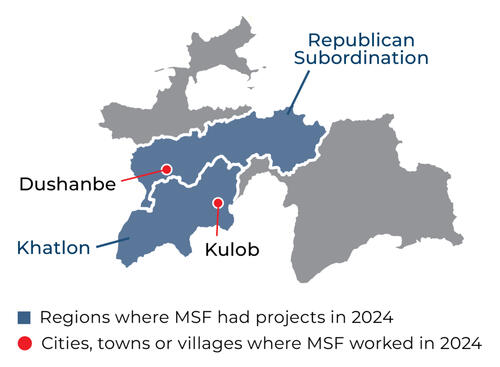

11
11
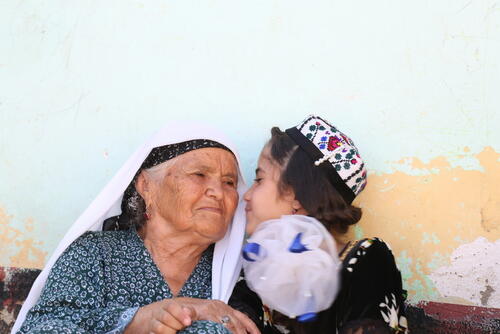
A timeline of tuberculosis treatment success in Tajikistan
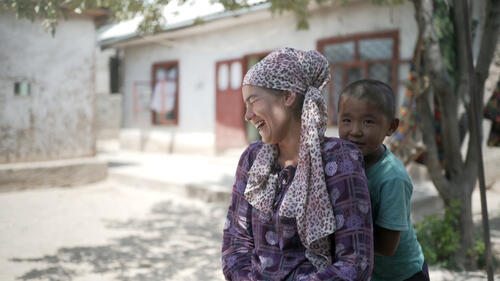
Helping kids to beat TB in Tajikistan

Breaking the cycle: Paediatric DR-TB detection, care and treatment in Tajikistan
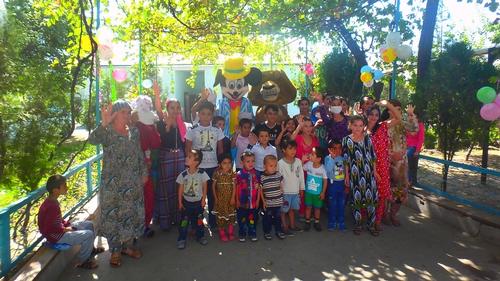
Stories from MSF's paediatric TB projects

Shorter TB regimens offer new hope
